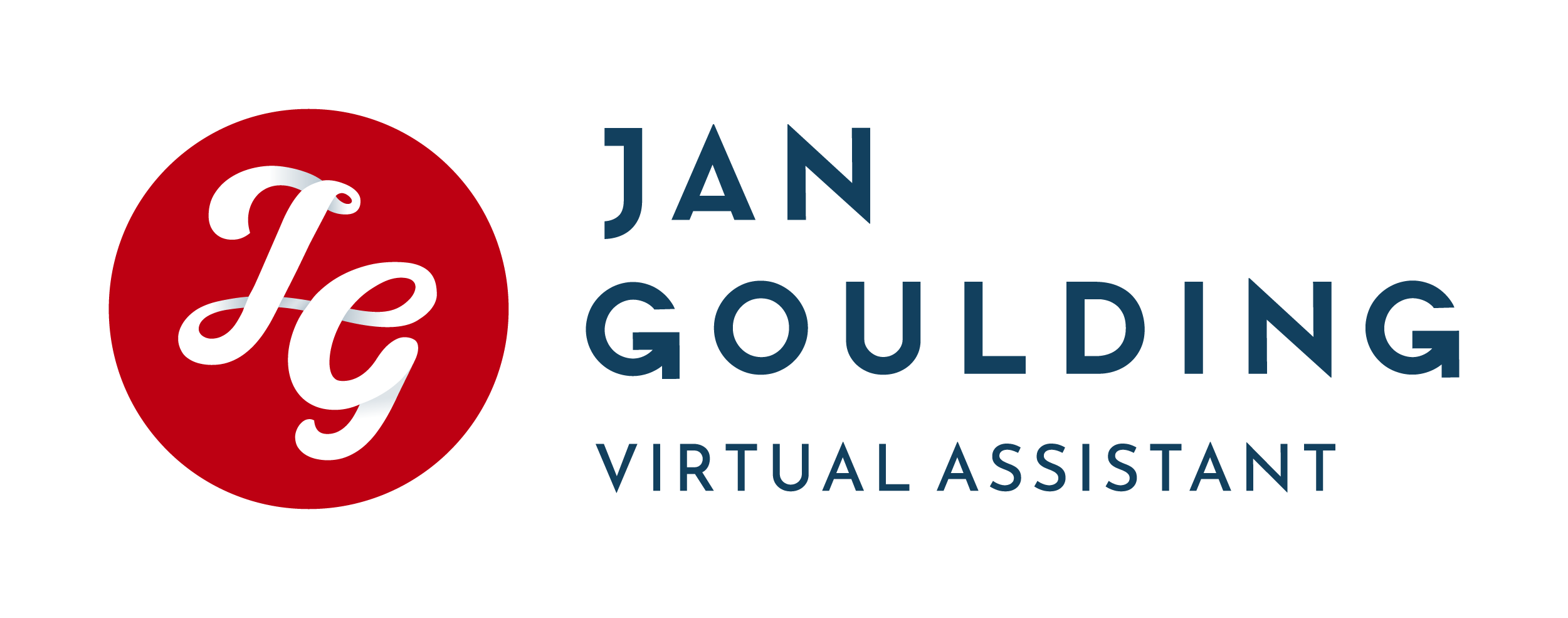I didn’t always want to work for myself.
I liked the structure of being employed. The steady pay. The job title that made sense to other people. I didn’t hate being part of a team, and I definitely didn’t mind being in the background. I was good there. Useful.
But over time, the structure that once felt secure began to feel suffocating.
Death by a Thousand Paper Cuts
You don’t leave traditional employment because of one bad boss or a rough week. It’s the pattern. The repeated lesson that no matter how good you are at your job, someone else controls the terms.
I’d been part of teams where boundaries were ignored, workloads kept growing, and “just one more thing” became routine. Praise would come, usually with a shrug that said, “We’d be lost without you.” But it rarely came with more money, more time, or any protection from burnout.
In the end, it took one particularly bad situation, and the quiet rage that followed, for me to stop asking permission.
Becoming My Own Safety Net
I didn’t start a business out of ambition, or branding goals, or dreams of working from a beach. I did it because I needed to. Because it was the only way I could see to work in a way that respected my time, health, and capacity.
I took everything I’d learnt from behind the scenes roles: logistics, admin, scheduling, document control, operations and I built a service around what I actually do well. Making things run smoothly.
The job title changed. The client list changed. But the work itself stayed constant, grounded in the same skills and instincts I’ve always relied on.
I’m still the person who keeps the wheels turning. I just do it on my own terms now.
What “My Terms” Actually Means
When people talk about flexible working, they usually mean working from home. That’s part of it, yes, but for me, it also means:
- Not pretending I’m fine when I’m not.
- Starting when my brain is ready, not when the clock says 9.
- Saying no to tasks that aren’t a good fit.
- Choosing clients who treat support staff like people.
- Building recovery time into the schedule, not around the edges.
It also means taking full responsibility. When it’s just you, there’s no one else to blame. But there’s also no one to override you, dismiss your instincts, or reassign your ideas to someone louder.
From Invisible to Intentional
Years in support roles taught me how to be quietly competent. I learnt to fix things without a fuss, to keep things moving while others took the spotlight. I still value that. I’m not chasing recognition for its own sake.
But I’ve also learned that building something for yourself means letting people see who they’re working with, not just what you do.
So here I am. Not the loudest in the room, but still here. Still steady. Still solving problems.
Still showing up.
If any of that rings true for you, if you’ve felt the weight of being the one who keeps everything going, and you’re ready to talk through how that might look different, I’d be glad to hear from you. You can book a free call here: https://zcal.co/jangoulding/free-call
